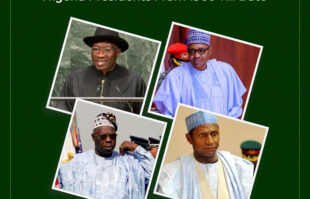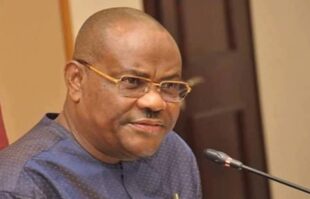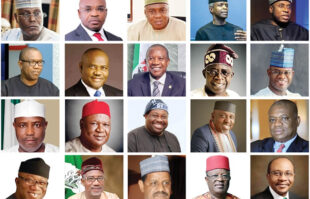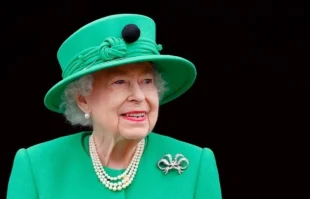There has been a search for the meaning and distinction that are used as titles by leaders in the world. The titles that many leaders make use of are our president, premier, prime minister, chancellor, most dear comrade, and others, which are dependent on the type and system of government that is being operated in the country in particular. The term “president” is usually used for a person who is the head of state and also the head of government (in countries like the USA, Indonesia, and Nigeria) of a country or republic. The prime minister is usually the head of the government of a country that operates a constitutional monarchy (United Kingdom, Denmark, and Japan) system or the Westminister system (Britain).
Putting Nigeria into perspective, in the first republic of Nigeria where we practised a regional system of government (1963–1967) before the military took over the government, Nigeria operated a federal system of government with three regions (Western region, Southern region, and Northern region) which operated as separate entities within the country. And when Nigeria moved into the second republic and till now, we started practising the presidential system of government, which is a distinction from the parliamentary system of government. In a parliamentary system of government, you have the prime minister as the head of government and the president as the head of state.
The President
A president is the head of a government, much like a prime minister is. A president, on the other hand, is the head of state and, in some situations, the government. For instance, in the United States, the president serves as both the head of the executive branch of government and the head of the federal government, which is in charge of all the various states.
Typically, the electorate or the general public chooses the next president through an electoral college or popular vote. They can just assume the role of president in a dictatorship presidency. Like term limits for prime ministers, term limitations for presidents vary by nation. For example, the U.S. and Nigeria have a 4-year limit for presidents and a maximum of two terms.
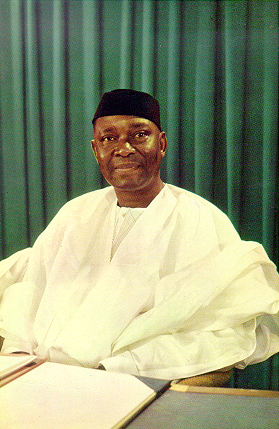
Prime Minister
By definition, a prime minister must be able to control a legislative majority. In a parliamentary system, a party or a coalition of parties directs the prime minister to establish the country’s agenda, designate cabinet members, and rule. In parliamentary systems, the presidents—if there are any—serve primarily as ceremonial heads of state. In constitutional monarchies, the king or queen performs these functions. In an effort to overthrow an administration, opposition parties may request a “vote of confidence” if the prime minister loses the support of the legislature. In this situation, it may be necessary to officially dissolve the legislature and hold new elections.
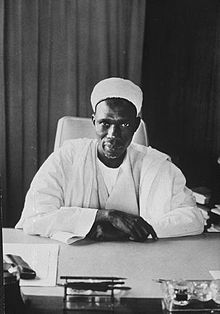
Differences
1. How They Are Elected
A country’s population typically elects its president in a general election, while other elected officials select the prime minister. Voters choose local representatives for parliament in nations with a prime minister, who then choose the prime minister. In Great Britain, the leader of the party that holds the majority in the House of Commons is appointed prime minister. Voters elect representatives to the House of Commons.
2. Head of State and Head of Government
The head of state in countries with presidents is the president. The prime minister, in contrast, maybe the head of government but not of the state. For instance, the queen, or monarch, continues to serve as head of state in the UK in a ceremonial capacity. A prime minister is chosen by the head of state (often the president) based on the outcomes of the nation’s legislative vote in a parliamentary republic without a monarch, such as in Italy or Greece.
3. Government Formation and Coalition
A “vote of no confidence” from the parliament can remove the prime minister from office in countries with parliaments (or national assemblies). A ruling majority in parliament is a requirement for a prime minister to maintain their position. A ruling coalition in the legislature is not necessary for American or Nigerian presidents to be in power. The executive branch, the legislative branch, and the judicial branch each have a different amount of authority and autonomy due to the separation of powers that exists in Nigeria and other comparable nations. It is not necessary for the other arms of government to support the president in order for him to remain in office.
4. The Impeachment Process
Under the presidential system of government in Nigeria, the National Assembly has the authority to remove a president from office for “high crimes and misdemeanours.” Similar impeachment procedures exist in other president-led nations like India, the USA, Brazil, Ireland, Germany, South Korea, and Austria. A “vote of no confidence” by parliamentarians in a parliamentary system can compel the resignation of the prime minister.


